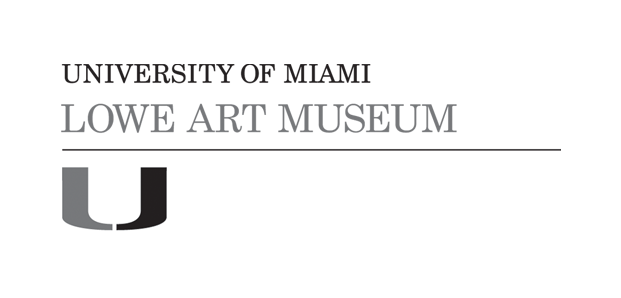Dish
Artist/Maker
Artist Unknown
(Artist Unknown)
Datemid 19th century
CultureVietnamese
Mediumporcelain and underglaze cobalt blue
DimensionsOverall: 3/4 x 5 1/8 in. (1.9 x 13 cm)
ClassificationsContainers
Credit LineMuseum purchase
Terms
Object number90.0004
On View
On viewCollections
late 17th century
late 19th century
1723-1735













